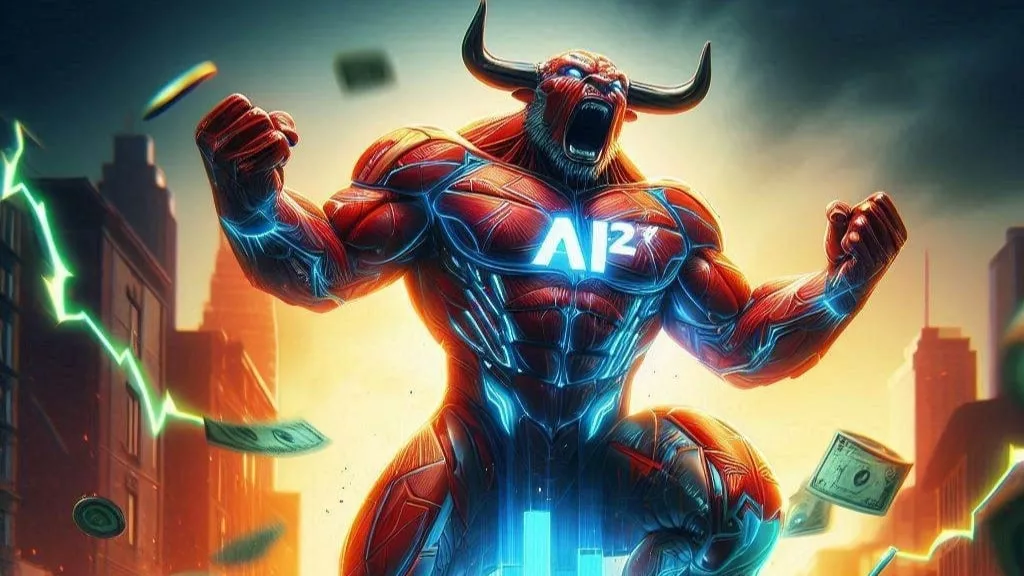
Bitcoin (BTC) investors and crypto enthusiasts are closely watching a range of significant economic events, as they are likely to have a major impact on Bitcoin’s price movement and overall sentiment. The influence of US macroeconomic data on Bitcoin has remained strong, especially after a period of muted effects. As we approach these key events, it’s essential to understand their potential impact on the cryptocurrency market, especially given the growing interest in Bitcoin as an alternative investment.
The first key event that Bitcoin investors should monitor is the Consumer Confidence Survey. This survey measures consumer attitudes toward the economy, their spending plans, and their outlook on financial conditions. The forecast for this survey suggests a rise in consumer confidence, indicating that people are more likely to spend, which could lead to an uptick in economic activity. This, in turn, could drive more investments into cryptocurrencies like Bitcoin.
On the flip side, if consumer confidence drops, it could result in lower spending and investments. This decline in consumer sentiment would likely prompt the Federal Reserve (Fed) to adopt a more dovish stance, potentially increasing liquidity in the financial system. In this scenario, Bitcoin could see a boost in demand, as investors turn to the cryptocurrency as a hedge against inflation and economic instability.
The FOMC interest rate decision is another crucial event for financial markets, including the cryptocurrency space. Recently, the Federal Reserve has been closely monitoring inflationary pressures, and its decisions are often a key factor affecting Bitcoin’s price.
The CME FedWatch tool currently shows a high probability of a rate cut. If this forecast comes to fruition, Bitcoin could benefit from increased liquidity in the financial system. However, the real market-moving moment will likely come during the press conference with Fed Chair Jerome Powell. Investors will be paying close attention to Powell’s remarks, as any indication of a shift in the Fed’s policy stance could trigger significant volatility in Bitcoin and other risk assets.
The US Gross Domestic Product (GDP) report will offer further insight into the health of the economy. A positive GDP growth figure could signal a robust economy, which might encourage investors to allocate more capital toward riskier assets, including Bitcoin. Conversely, a downward revision in GDP could dampen investor sentiment, leading to a shift away from cryptocurrencies and other speculative assets.
Additionally, a weak GDP report could raise concerns about an economic slowdown, leading investors to seek safe-haven assets. In such a case, Bitcoin, which is increasingly seen as a hedge against economic instability, could see increased demand.
The initial jobless claims report will provide further insight into the health of the US labor market. A slight increase in claims would suggest a gradual cooling of the labor market. However, if the number of jobless claims comes in higher than expected, it could signal broader economic instability.
A rise in jobless claims would likely prompt investors to seek out alternative assets like Bitcoin, which are perceived as a hedge against traditional markets. On the other hand, a decrease in jobless claims could boost investor confidence in the broader economy, potentially leading to a reduction in demand for Bitcoin.
The US Bureau of Economic Analysis will release key indicators, including personal income, personal spending, and the PCE (Personal Consumption Expenditures) index. These figures will provide a clearer picture of inflation trends and consumer behavior. If the PCE index, which excludes food and energy prices, rises unexpectedly, it could indicate inflationary pressures.
Higher-than-expected inflation figures could prompt more demand for Bitcoin, as investors look to hedge against rising prices. Alternatively, lower inflation figures could dampen Bitcoin’s appeal as a store of value, leading to a potential decline in demand.
These US economic events will have a profound impact on Bitcoin’s price and investor sentiment. The Consumer Confidence Survey, FOMC meeting, GDP report, jobless claims, and personal income data will all contribute to shaping market expectations. If the data supports a strong economy, Bitcoin could see increased demand as a risk asset. However, any signs of economic weakness could prompt investors to seek out Bitcoin as a hedge, potentially driving its price higher. With so many key events on the horizon, these developments could prove pivotal for the cryptocurrency market.


Get the latest Crypto & Blockchain News in your inbox.